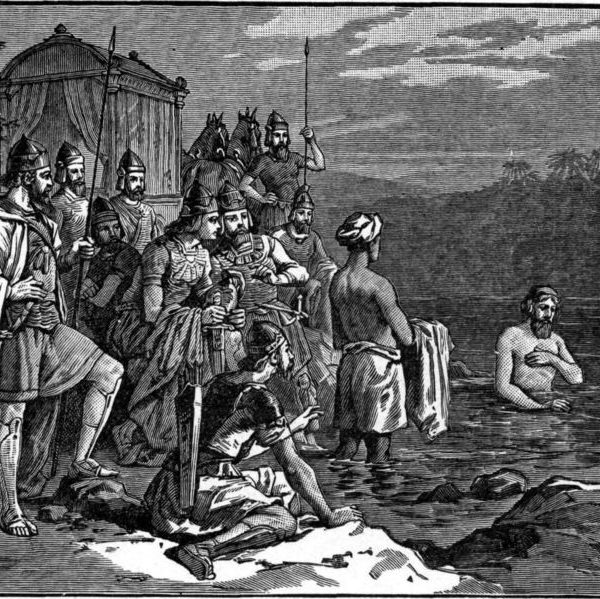
What makes this moment prophetic is that Elisha forces Naaman to experience what it is to be restricted of free access to every place. Through that restriction, Naaman learns what it means to be vulnerable and realizes how powerless people are pushed into much suffering because of restrictive laws. In the experience of powerlessness, the healing of Naaman begins.

In the midst of a complicated and troubled world it may seem impossible to make a difference, and yet, the wish of a little Israelite girl says otherwise. The spirit of the young Israelite girl and her larger cadre of enslave servants to Naaman live on today in the resourceful actions and tireless work of so many influential youth in our world, those whose passion and will for change persist.

In the midst of a complicated and troubled world it may seem impossible to make a difference, and yet, the wish of a little Israelite girl says otherwise. The spirit of the young Israelite girl and her larger cadre of enslave servants to Naaman live on today in the resourceful actions and tireless work of so many influential youth in our world, those whose passion and will for change persist.
We are the heirs of Elijah’s legacy. His influence is evident within later writings of the Bible, the Bible’s earliest commentators, and within the Bible-shaped parts of our own culture. But how might we assess our inheritance? Elijah is a hero of the covenant. Moses redivivus. A witness to God’s justice and mercy for those without power. And yet. . . Elijah’s legacy is also that of a “troubler” (1Kings 18:17-18). Although the prophet denied the title, the Jewish rabbinic tradition has not been afraid to name troubling features of his ministry. He seems more pre-occupied with his own difficulties than those of the people. He does not advocate for the Israelites. He uses violence.

